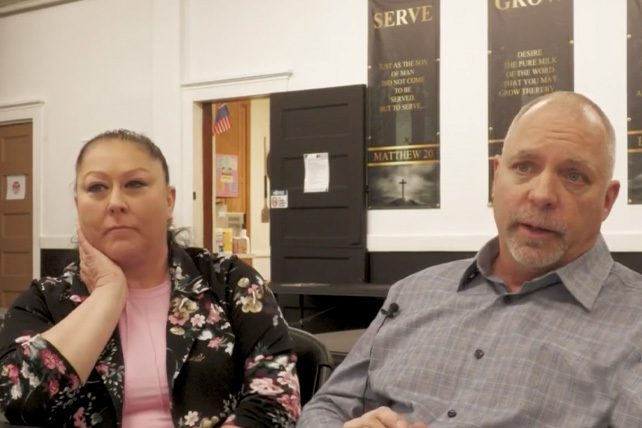Leading worship is more than just singing songs; it’s about creating an atmosphere where people can encounter God in a meaningful way. A worship leader’s role is to guide the congregation into a deeper experience of faith, unity, and spiritual connection. Whether you’re leading a small group or a large church gathering, engaging the congregation should always be a priority. Here are eight pointers on how to lead worship effectively – ways to lead worship that foster participation and transformation.
How to Lead Worship Effectively
If you want to know how to lead worship effectively, the key is to shift the focus from performance to participation. Worship should never feel like a concert but rather a collective expression of faith. Here are eight practical ways to accomplish this:
1. Prepare Spiritually and Musically
Before leading worship, spend time in prayer and personal worship. Ask God to guide you in selecting songs and shaping the worship experience. When you are spiritually prepared, your leadership will flow from a place of authenticity. Additionally, ensure that you and your team are well-rehearsed. Confidence in the music allows you to focus more on leading the congregation rather than worrying about technicalities.
2. Choose Songs That Are Congregation-Friendly
Select songs that are easy to sing and well-known to the congregation. While introducing new songs is important, balancing them with familiar ones ensures that people can participate fully. Pay attention to the key of the songs—avoiding keys that are too high or too low makes it easier for everyone to join in.
RELATED: Worship Distractions
3. Use Clear and Encouraging Communication
As a worship leader, your words in between songs can set the tone for the service. Offer brief, meaningful encouragement that invites people into worship. Share a relevant Bible verse or a short thought on why a particular song is significant. Avoid long speeches; instead, keep your messages concise and uplifting.
4. Foster a Spirit of Unity
Worship is about bringing people together in praise. Engage with your team and the congregation by making eye contact, smiling, and encouraging participation. A warm and welcoming presence on stage can make people feel more comfortable and included.

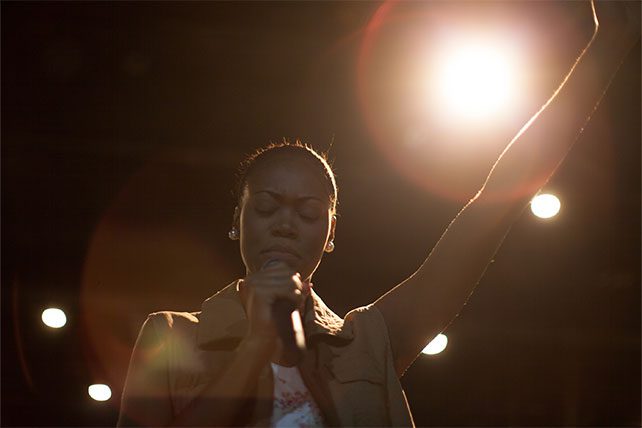

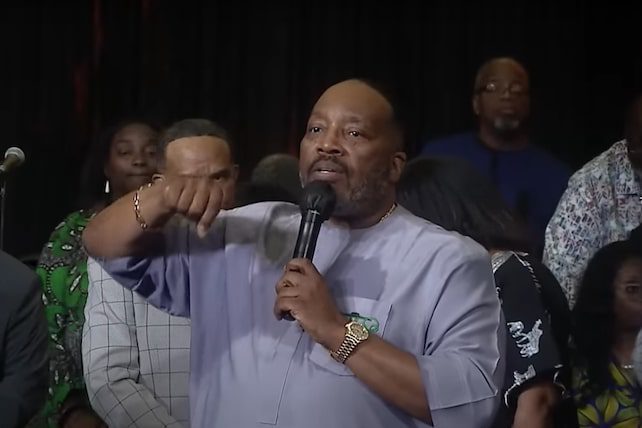
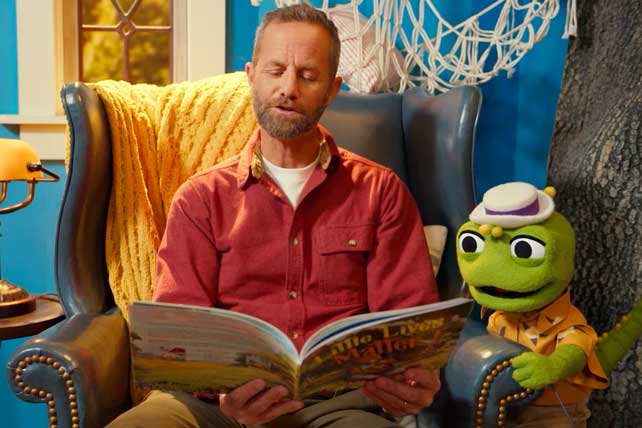
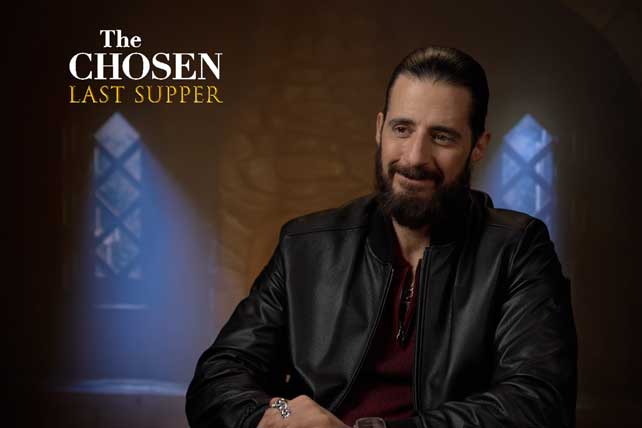

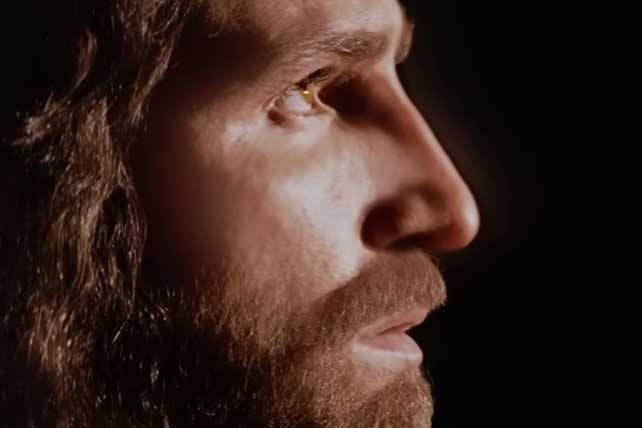
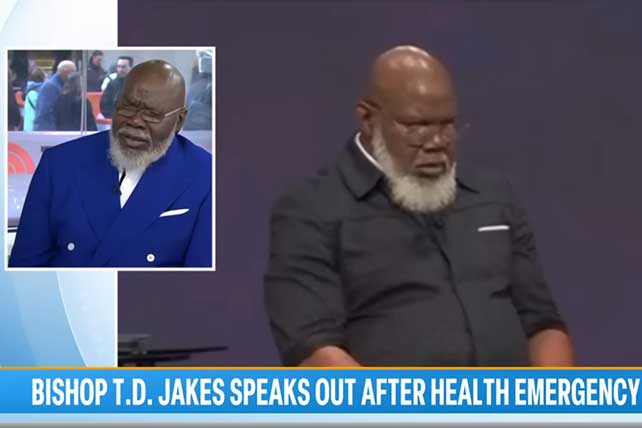
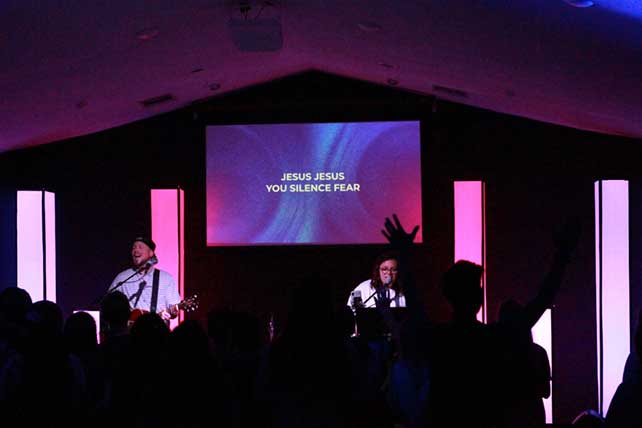









 In this article, we explore the intricate relationship between Internal Working Models (IWMs) and Character Structure within the framework of
In this article, we explore the intricate relationship between Internal Working Models (IWMs) and Character Structure within the framework of 
